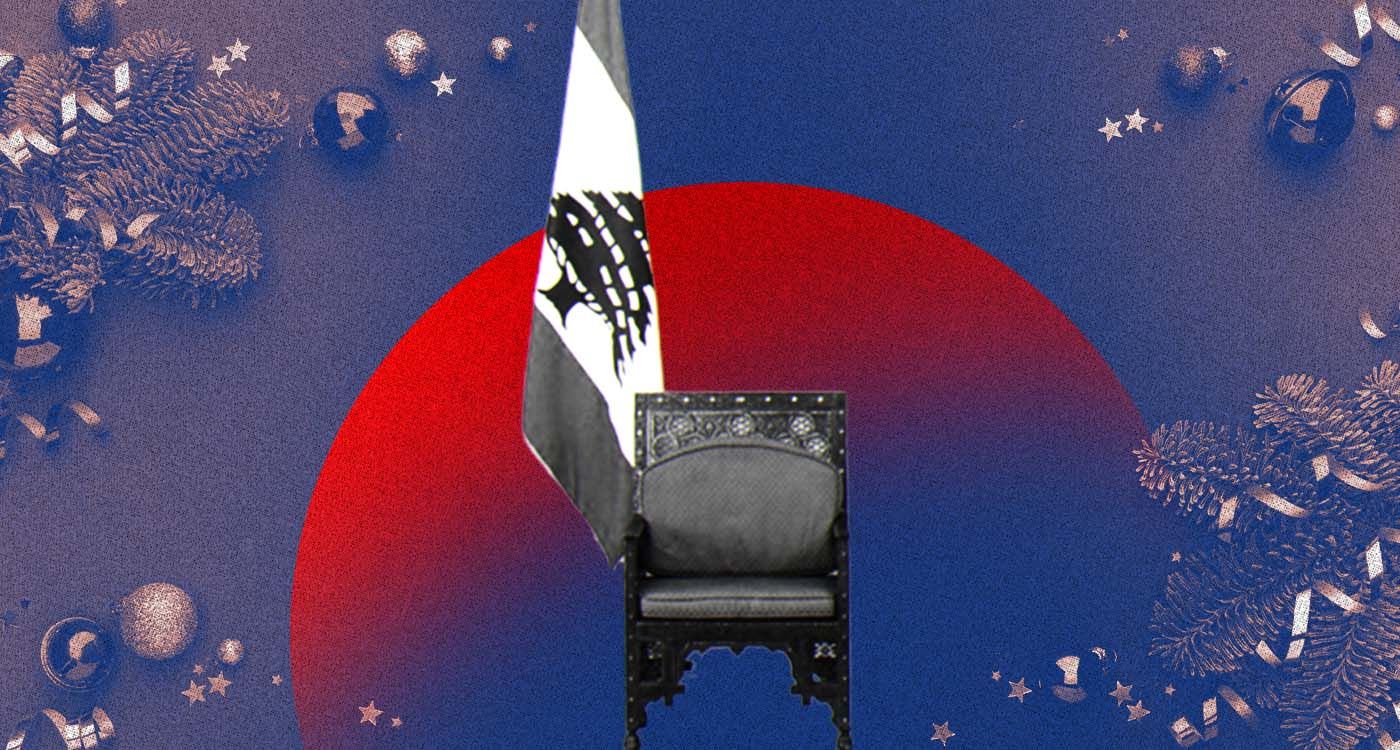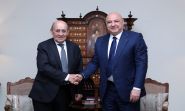
During World War I, a remarkable event, known as the Christmas Truce, occurred on Christmas Eve. Along the Western Front in Europe, opposing soldiers, without an official ceasefire or wide public announcement, gathered to share a meal in the spirit of Christmas.
This holiday has the power to inspire miracles, provided faith is present. As Jesus Christ said, “Truly I tell you, if you have faith as small as a mustard seed, you can say to this mountain, ‘Move from here to there,’ and it will move. Nothing will be impossible for you.”
Christmas Eve often brings informal truces everywhere, except among the Maronite presidential candidates.
As soon as Speaker of Parliament Nabih Berri announced a presidential election session for January 9, the latent ambitions of many Maronites in Lebanon to assume the state’s top position resurfaced. Every MP, current or former, and every minister, successful or short-lived, began dreaming of gaining access to Baabda Palace, fueled by the hope of a compromise that could secure them the presidency.
The issue is that the criteria for candidacy are not the same as those for positions like Speaker of Parliament. In the case of the second presidency, and throughout all terms since the Taif Agreement, Shiite MPs have consistently united behind one figure—Speaker Nabih Berri—and the other MPs find themselves unable to contest him, resulting in a decision imposed as a fait accompli.
The same applied to the Sunni community, which could not be bypassed for the position of Prime Minister for long. Over time, the actions of the Free Patriotic Movement (FPM) sought to establish new practices in appointing the Prime Minister and forming the cabinet, leading the country into a state of paralysis. At times, this resulted in the appointment of figurehead leaders, as seen with Hassan Diab’s government, which was ultimately brought down by the Beirut port explosion.
As for Maronites, the greediness for a position that has been vacant for two years has made consensus impossible. To date, we count more than 10 candidates among the MPs who present themselves as presidential contenders, both behind the scenes and in public, seeking to show their ability to unite the Lebanese around their leadership in order to secure the presidency.
Four Christian bloc leaders are vying for the presidency, alongside independent MPs seeking to navigate around obstacles, and various other figures confidently meeting with political leaders to present their visions. Yet, none of them have considered holding a press conference, at the very least, to announce their candidacies clearly, openly and boldly, or to address the presidential election with a sense of responsibility, starting with popular legitimacy. Instead, they have become, by default, candidates under the umbrella of the existing political reality.
Once again, Maronites are highlighting their inability to unite in order to advance the role of their community. Instead, their focus is directed toward personal and often regional ambitions, as they work to build electoral support to elevate their reputation and expand their influence.
If Maronites are aiming for a president in the likes of Émile Lahoud, they will continue down this path and remain fragmented instead of asserting their choice to other blocs and uniting behind a single presidential candidate. This stands in stark contrast to 2016, when the two largest parliamentary blocs united behind Michel Aoun.
However, the current situation is more than child’s play. Those who once supported the army commander are now hedging, launching various campaigns and maneuvering around their initial positions to stall and buy time.
This reality will keep the presidency in limbo, subject to the decisions of other religious communities. It will ultimately lead to the election of a president who lacks the needed Christian support, with his term starting with opposition from within his own community, even before he assumes office.
The Christmas truce does not extend to Maronites, who are in greater need of the peace that Christmas brings. Otherwise, their role on the national stage will continue to decrease and weaken.



Comments